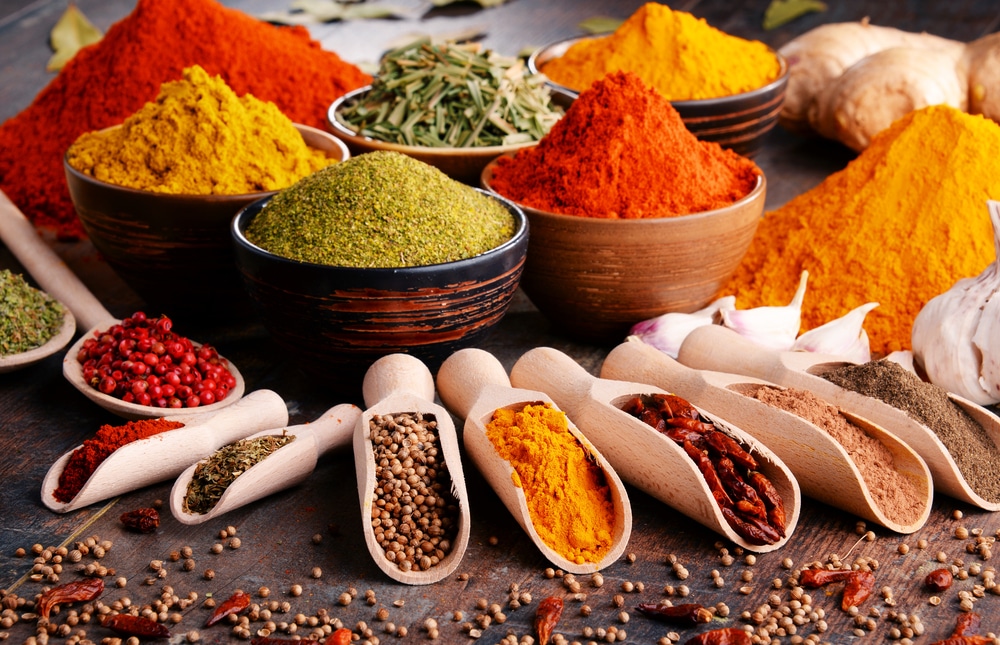You probably don’t think cinnamon can do more than make your apple pie taste better–or worse, depending on your feelings there!–but I learned, my friends, that people can be allergic to spices!
Once regarded as very rare, allergies to spices are now seen more commonly. Back in 2012, an American College of Allergy, Asthma and Immunology annual meeting presentation saw the release of a surprising estimate. Around two to three percent of people around the world has a spice allergy. That’s a small percentage on its face, but it represents more than 100 million people.
Spice allergies may represent around two to three percent of all food allergies, but they often go undiagnosed because there are not a lot of reliable tests for them. As with other food allergies, spice allergies can cause reactions that range from sneezing episodes to anaphylaxis, a life threatening-reaction that can prevent a person from breathing properly. Spices are used in more than just food, so an allergic reaction can also be triggered by the presence of a spice in dental products, toothpastes and cosmetics.
Unfortunately, the U.S. Food and Drug Administration does not regulate spices, so they may not always be shown on labels for items that contain them. This can make it difficult for a person to identify which spice they are allergic to and what products may contain it in some way.
Common spice allergies include reactions to garlic, cinnamon, vanilla and black pepper. Some spice blends may contain these spices, among many others, making it more difficult for a person with an allergy to determine what is safe to use or consume.
Any type of cooking could potentially increase or reduce the allergens that produce symptoms in a person with a spice allergy. Generally, if you have had multiple allergic reactions to unrelated foods or tend to have reactions to commercially-prepared foods but not the food you cooked at home, you may have a spice allergy.
If you believe you may have a spice allergy, try to keep a detailed record of what foods seem to trigger a reaction. Take this record to an allergist for help in determining which spice or spices you are allergic to. Your allergist can also provide you with a list of foods and items to avoid once they’ve identified which spice is causing you to have a reaction.




